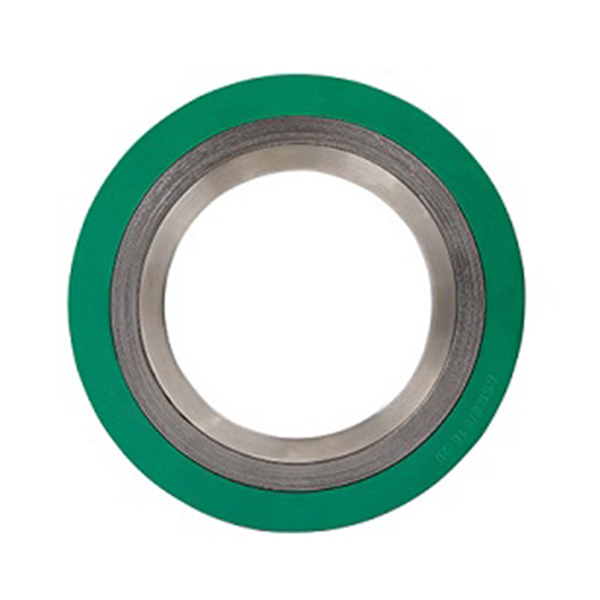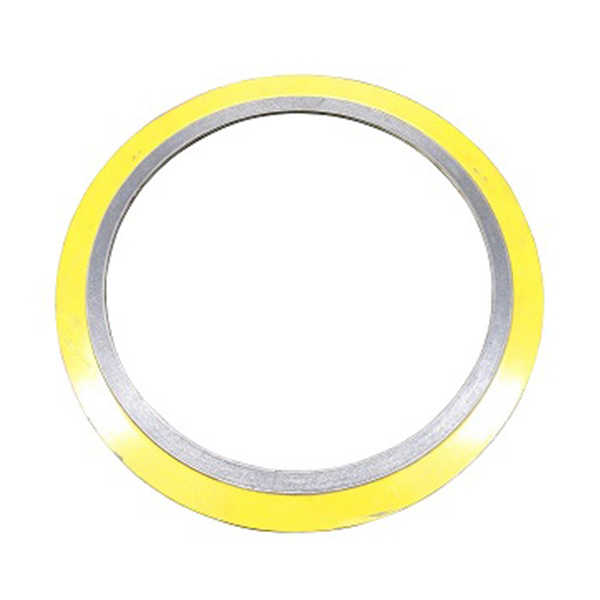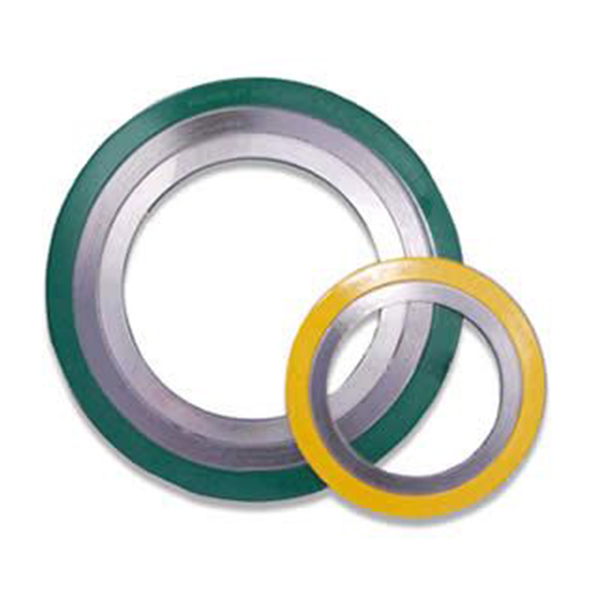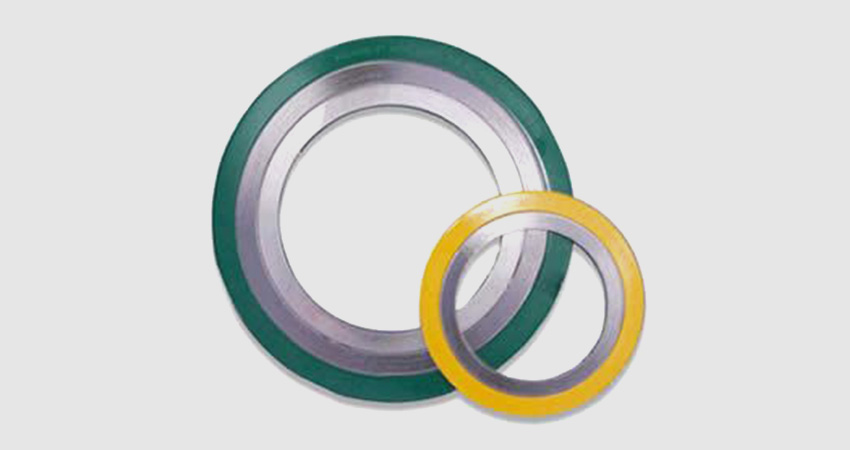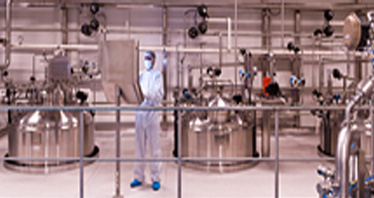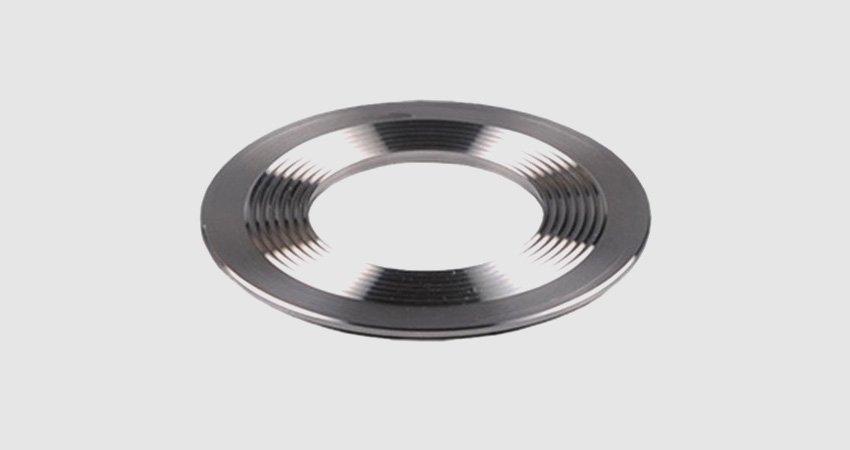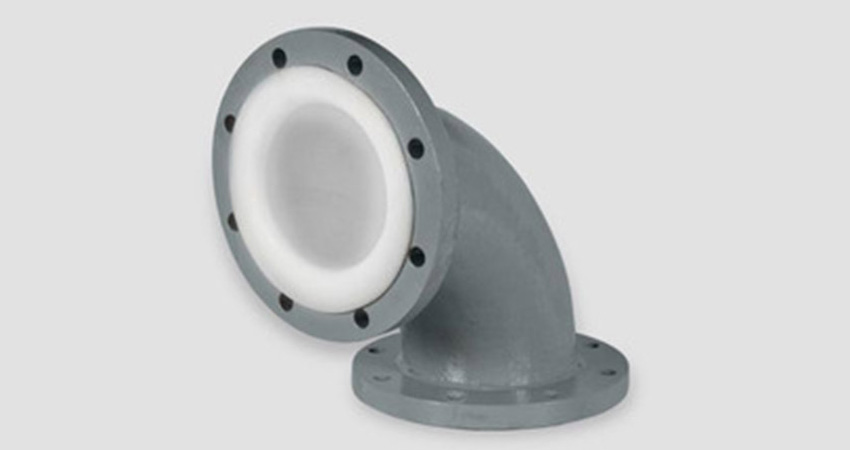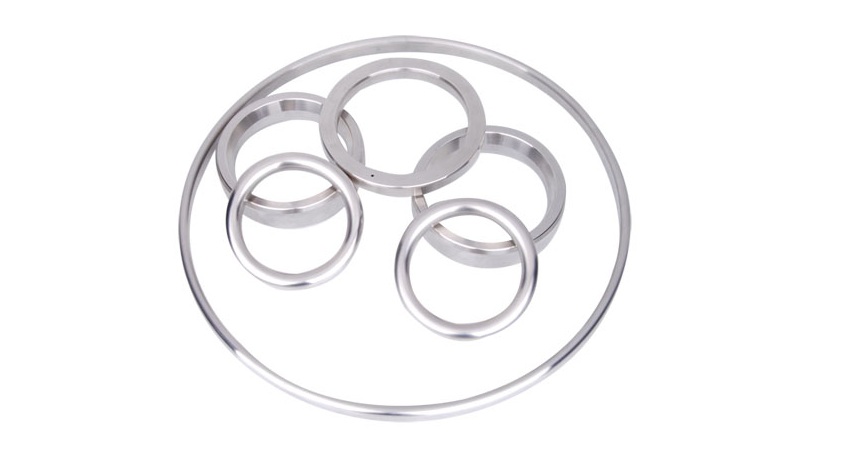Expanded Graphite Gaskets Manufacturer & Supplier in China
What Are Expanded Graphite Gaskets?
Expanded graphite gaskets are high-performance sealing solutions made from exfoliated graphite, a material known for its exceptional thermal stability, chemical resistance, and flexibility. These gaskets are widely used in industries such as oil and gas, chemical processing, power generation, and automotive applications due to their ability to maintain a reliable seal under extreme conditions. The manufacturing process involves expanding natural graphite flakes through a chemical or thermal treatment, resulting in a material that can be compressed into sheets or custom shapes without binders, offering pure graphite properties.
Key Advantages of Expanded Graphite Gaskets
- Excellent thermal conductivity, allowing efficient heat transfer and resistance to temperatures up to 3000°F (1650°C) in inert atmospheres.
- Superior chemical resistance to acids, alkalis, and solvents, making them ideal for corrosive environments.
- High flexibility and conformability, enabling them to seal irregular surfaces and reduce leakage risks.
- Low creep relaxation, which means they maintain bolt load over time without significant degradation.
- No binder materials, reducing the risk of contamination and ensuring purity in sensitive applications.
- Good compression and recovery properties, providing a tight seal even under variable pressures.
Product Parameters and Specifications
Our expanded graphite gaskets are engineered to meet international standards such as ASTM F721 and DIN 5290. Below is a detailed table of key parameters to help you select the right product for your needs.
| Parameter | Value Range | Units | Notes |
|---|---|---|---|
| Density | 0.7 - 1.3 | g/cm³ | Adjustable based on compression requirements. |
| Temperature Range | -400 to 3000 | °F | In oxidizing environments, limit to 900°F (480°C). |
| Thermal Conductivity | 5 - 150 | W/m·K | Varies with density and orientation. |
| Compression Strength | 5 - 50 | MPa | Depends on density and thickness. |
| Recovery Rate | 15 - 40 | % | Measures ability to return to original shape after compression. |
| Chemical Compatibility | Resistant to most chemicals | - | Except strong oxidizing agents like nitric acid. |
| Thickness | 0.5 - 6.0 | mm | Custom thicknesses available upon request. |
| Sheet Size | Up to 1500 x 3000 | mm | Standard sizes or cut-to-order options. |
Applications of Expanded Graphite Gaskets
- Flange sealing in pipelines for oil refineries and chemical plants.
- Heat exchangers and boilers in power generation facilities.
- Exhaust systems and engine components in automotive industries.
- Pharmaceutical and food processing equipment where purity is critical.
- Valves and pumps in water treatment plants.
FAQ: Common Questions About Expanded Graphite Gaskets
What is the maximum temperature expanded graphite gaskets can withstand?
Expanded graphite gaskets can handle temperatures up to 3000°F (1650°C) in non-oxidizing atmospheres, such as inert gases. In air or oxidizing conditions, the maximum continuous service temperature is typically 900°F (480°C) to prevent oxidation and degradation.
Are expanded graphite gaskets suitable for use with acids and chemicals?
Yes, they offer excellent resistance to a wide range of chemicals, including acids, alkalis, and organic solvents. However, they are not recommended for use with strong oxidizing agents like concentrated nitric acid or bromine, which can cause rapid deterioration.
How do I install an expanded graphite gasket properly?
Ensure the flange surfaces are clean, flat, and free of debris. Place the gasket between the flanges without stretching or twisting. Tighten bolts gradually in a crisscross pattern to the recommended torque values, following industry standards like ASME PCC-1, to achieve uniform compression and avoid over-tightening.
Can expanded graphite gaskets be reused?
No, they are designed for single use. Once compressed, the graphite structure may not fully recover, and reusing could lead to leaks. Always replace with a new gasket during maintenance.
What are the differences between expanded graphite and traditional graphite gaskets?
Expanded graphite gaskets are made from pure exfoliated graphite without binders, offering higher purity, better thermal conductivity, and improved flexibility. Traditional graphite gaskets often include binders or fillers, which can reduce performance in extreme conditions and introduce contamination risks.
How do I choose the right density for my application?
Select density based on pressure and temperature requirements. Lower density (e.g., 0.7 g/cm³) provides better compressibility for low-pressure applications, while higher density (e.g., 1.3 g/cm³) offers greater strength for high-pressure systems. Consult our technical team for specific recommendations.
Do expanded graphite gaskets require any special storage conditions?
Store them in a dry, cool environment away from direct sunlight and moisture. Avoid exposure to oxidizing agents or chemicals that could degrade the material. Keep in original packaging until use to prevent damage.
Are these gaskets environmentally friendly?
Yes, expanded graphite is derived from natural graphite and is recyclable. It does not contain hazardous materials like asbestos, making it a safe and sustainable choice for many industries.
- View as

Tanged Metal Reinforced Graphite Gasket

Graphite gasket reinforced with metal mesh



